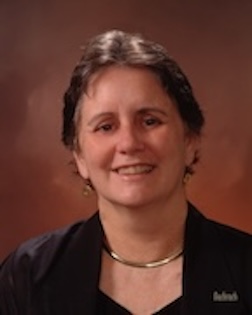William E. Paul Lecture
This annual lecture, begun in 2016 and part of the Wednesday Afternoon Lecture Series, honors the legacy of Dr. William E. Paul. Dr. Paul was a leader of the NIH immunology community, and his career was without parallel in the field of immunology.
This page was last updated on Thursday, September 29, 2022








